The views expressed in our content reflect individual perspectives and do not represent the authoritative views of the Baha'i Faith.
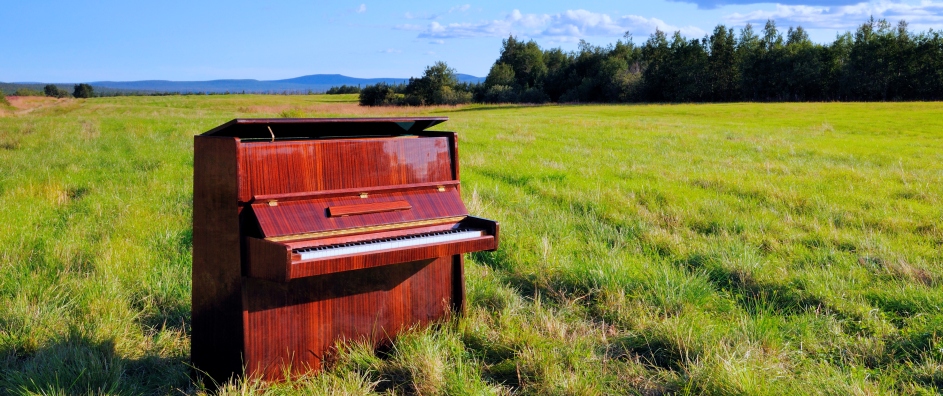 Music, a form of expression that consoles the lonely, heals the sick and empowers the masses, can trigger a memory. Music, like a smile, like a tear, transcends all cultures. Like love, we all hear music differently — but when we receive it an appreciation and a fondness forms. Music expresses our humanity.
Music, a form of expression that consoles the lonely, heals the sick and empowers the masses, can trigger a memory. Music, like a smile, like a tear, transcends all cultures. Like love, we all hear music differently — but when we receive it an appreciation and a fondness forms. Music expresses our humanity.
In the Baha’i writings, Baha’u’llah says:
We, verily, have made music as a ladder for your souls, a means whereby they may be lifted up unto the realm on high… – The Kitab-i-Aqdas, p. 38.
And Abdu’l-Baha says:
Baha’u’llah, in this glorious period has revealed in Holy Tablets that singing and music are the spiritual food of the hearts and souls. In this dispensation, music is one of the arts that is highly approved and is considered to be the cause of the exaltation of sad and desponding hearts. – Baha’i World Faith, p. 378.
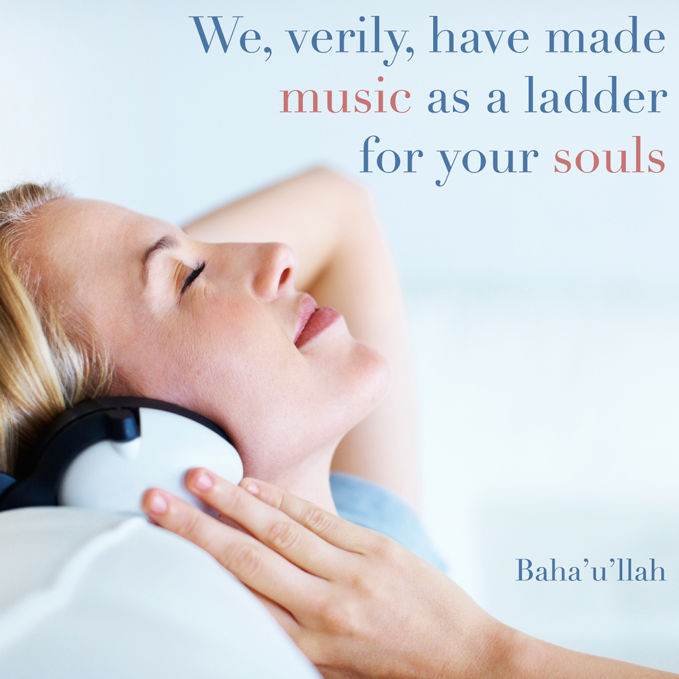 Pretend for a moment that I’ve just named several pianists, especially several with Persian names. Now picture these beautiful pianists playing at a wonderful concert in Iran. Imagine the room flooded with sounds that make your blood boil with passion and rapture. The music soothes your mind and your heart beats and rests as the pianists’ fingers float above the keys. You feel happy, empowered, energized. Now, for the sake of this story, look away from your screen and just intentionally pause for a minute. The melodious music you just heard was the sound of freedom most of us take for granted.
Pretend for a moment that I’ve just named several pianists, especially several with Persian names. Now picture these beautiful pianists playing at a wonderful concert in Iran. Imagine the room flooded with sounds that make your blood boil with passion and rapture. The music soothes your mind and your heart beats and rests as the pianists’ fingers float above the keys. You feel happy, empowered, energized. Now, for the sake of this story, look away from your screen and just intentionally pause for a minute. The melodious music you just heard was the sound of freedom most of us take for granted.
This is about more than music and the broader aesthetics of art and performance. It’s about harnessing talent, a talent that the country of Iran conceals. Iran’s supreme leader, Ayatollah Ali Khamenei has said that music “is not compatible with the values of the Islamic republic and should not be practiced or taught in the country.” Ten months ago, five Iranian musicians were arrested and jailed according to The Guardian (Article: Iranians pump up the volume for banned tunes) on charges of collaborating with LA-based musicians and satellite channels. They face fines and possible bans on producing and even writing music.
Sadly, we will not be able to listen to their creativity nor their masterpieces because the Iranian regime has denied them and us this right. They will not be able to explore their interpretation or play their signature pieces.
In a small city in Massachusetts, an attorney by profession, Vanda Marie Khadem, a Persian Baha’i, purposely plays the piano. She has never studied piano, nor can she read music, but Vanda’s remarkable playing takes us on a journey of love and remembrance.
As Vanda describes it, she sits at the piano and allows her fingers to move. “I don’t think about anything at all, and then, as the melody is taking form, a person comes to mind and the composition flows from there.”
Vanda composes naturally, with notable Baha’is of the east and west in mind, some of them well-known historical figures and some not known at all. Currently, at work on her second album, she’s composing music inspired by Phoebe Hearst, the early American Baha’i who championed equal rights for women, and several other pieces in honor of pioneering social justice advocates and spiritually-motivated men and women. “I want to bring them to life in our memories and honor them — and if my music contributes to this I will be grateful.” She gives tribute to the men and women who made sacrifices to advance the progressive Baha’i teachings all around the world.
Vanda’s music represents those heroes and heroines who left an imprint in our Baha’i history. She plays to remember so she, and we, will never forget.
Here is a link where you may listen to Zuhur.
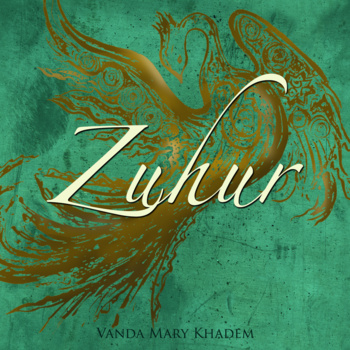 [bandcamp width=450 height=120 album=1167789348 size=medium bgcol=ffffff linkcol=0687f5]
[bandcamp width=450 height=120 album=1167789348 size=medium bgcol=ffffff linkcol=0687f5]


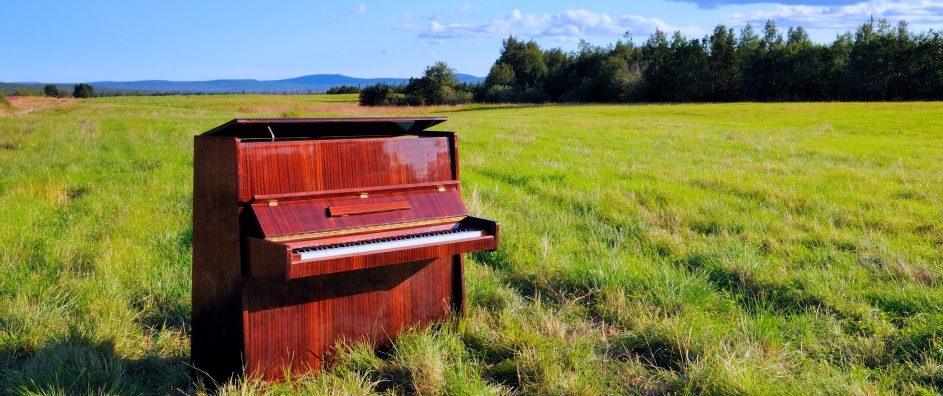
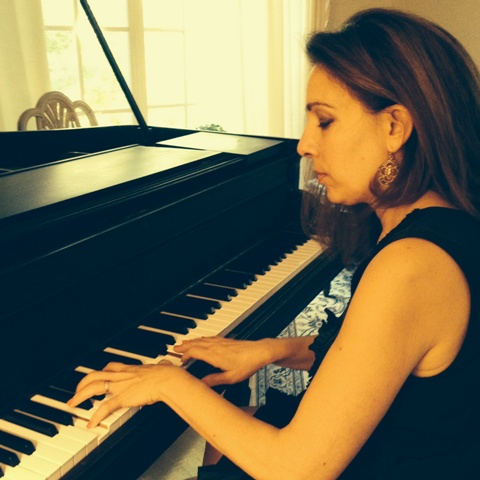


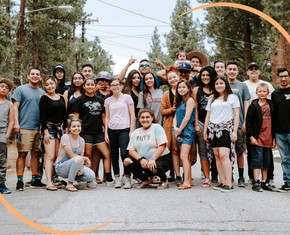










Comments
Sign in or create an account
Continue with Googleor